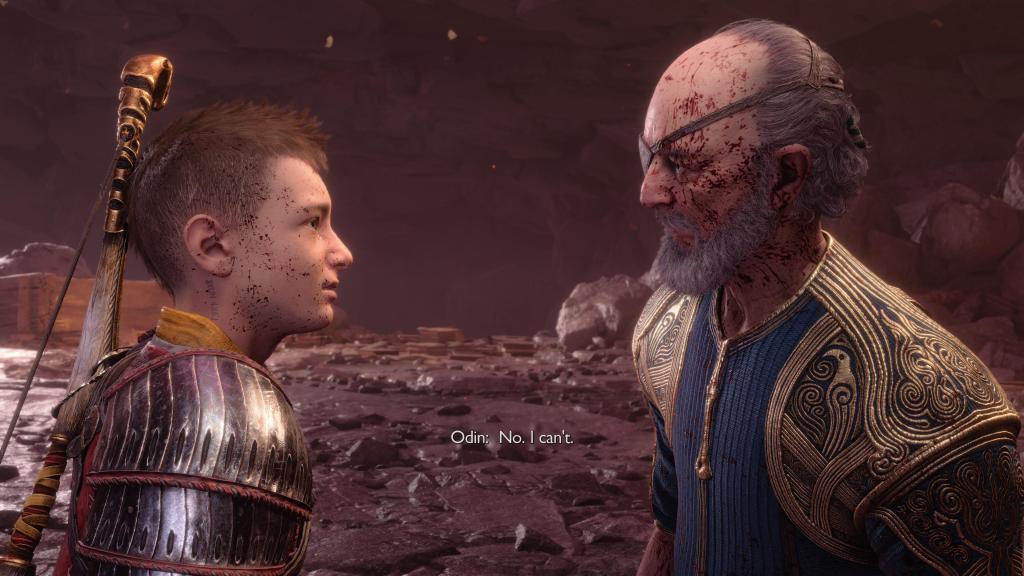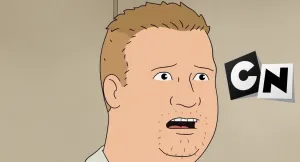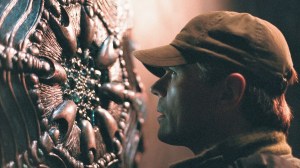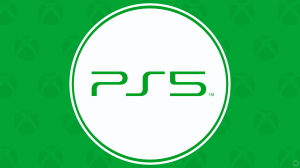Entering into God of War: Ragnarok leads directly into a very different tone than prior installments of the franchise. You can immediately feel a shift in the nature of Kratos. There is a heaviness about him, the weight of the many years of his life, the feeling of regret from a lifetime of violence. After exploring a memory with his deceased wife, Faye, there is the first glimpse into the themes that will travel with the player across the entire campaign within God of War Ragnarok. Those themes and topics touch upon trauma and responsibility, and in the words of Faye, “If we have the power to limit the harm…we should act.”
Videos by ComicBook.com
Many who started the God of War franchise began the journey 20 years ago with the original release of God of War in 2005. Those who grew up with the series may have lived as angsty and rebellious teenagers who have now grown up and started families of their own. That shift in responsibility has also been imprinted upon Kratos, who now focuses his concern for the safety of his son, Atreus, and the world he has made for him.

Waking up from the memory dream, Kratos finds that Atreus is still not home. After the death of the boy’s wolf, Fenrir, Kratos must begin the arduous journey to find his missing son. Searching across the frozen lands of Midgard soon breaks into the first boss battle of the game with the bear Bjorn. Little did Kratos know that the bear in question was none other than Atreus, shape-shifted into the bear from the grief of losing Fenrir. This event sets forth a divisive narrative between father and son – a son who wants to learn more about his giant’s heritage/shape-shifting, and a father who desperately wants his son to avoid following in his footsteps with an Asgardian war and the collateral trauma therein.
Those moments of trauma that Kratos looks to steer Atreus away from are spoken about throughout the intimate moments in God of War Ragnarok and are rooted in the prequel games, where Kratos fought against the Greek pantheon and Zeus. Zeus, as the father of Kratos, manipulated Kratos into killing Ares. Later, fearing that Kratos is powerful enough to commit patricide against Zeus, as Zeus committed against his father Cronos, he betrays his son. These events would ultimately result in the end of the Greek gods and imprint upon Kratos the generational trauma from his father. This trauma is also seen to be a repeating narrative with the Asgardian gods.

On the side of the Asgardian gods, God of War Ragnarok picks up with the fallout from the deaths of Magni and Modi, the sons of Thor. Thor and his sons have always been faithful servants to the all-father Odin. However, from Odin, there is very little remorse for the deaths of his grandsons, only a statement that Magni and Modi were mostly useless. Odin’s criticalness extends to his son, Thor. Throughout God of War Ragnarok, Odin treats Thor like a useful tool for killing or enforcing Odin’s will, but not with any sense of love. These experiences with the loss of Modi and Magni, as well as Odin’s abuses, directly impact the remaining family of Thor.
Thor in God of War Ragnarok is a broken man, and the death of his sons leaves him empty. Thor is known to have a drinking problem, and with the pain from the loss of his sons and the constant abuse from Odin, he finds solace again within a mug of mead. Thor emotionally distances himself from his wife Sif and his daughter Thrúd, whilst remaining protective of them. The daughter, Thrúd, is in a similar space as Atreus, confused about becoming a Valkyrie and conflicted by the relationship with her parents. Through a budding friendship between Atreus and Thrúd, they examine their grief and feelings. That friendship is where true character growth is seen – between the support Atreus provides Thrúd for her aspirations, or when they confront Thor and his drinking problem in the Asgardian pub. A real friendship that inspires to do better, and be better.

Through the efforts of the youngest generation, healing starts to be found across generations. The acts of friendship from Thrúd and Atreus meaningfully impact how Kratos approaches Thor – that while they were born into a world of violence, molded to be destroyers, they too need to do better and be better.
The Shakespearean pain of God of War Ragnarok is the desperate want to see Thor come to terms with the trauma he suffered in his life, wanting him to grow and heal, only to be cut down by his father when he finally recognizes the need for change. Odin plays his role all too well; as head of the hierarchy, he has an established view on the world and an inability to reflect on the damage he has done to his family. That inability to reflect on his own actions and on the trauma he created is ultimately his downfall. After Odin is beaten down and directly confronted with his choices and the abuses he has inflicted, even in those final moments, there is no self-reflection, only the confirmation that he cannot change.

God of War: Ragnarok is not completely without hope. In those final moments in the game, Kratos comes to terms with those words from the beginning of the game, “If we have the power to limit the harm…we should act.” The acts of the parents do not need to be the legacy of the children, and they do not need to be repeated from generation to generation. Atreus is left to make his own decisions on life and venture forward to forge a fate unto his own, while Kratos can find meaning and value in repairing his sundered world.








